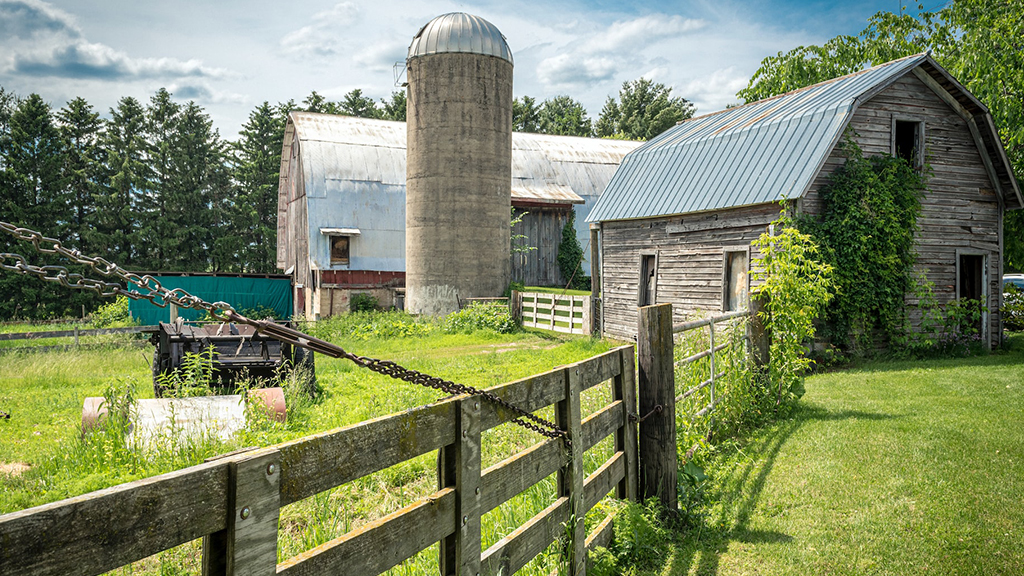Grow Your Business by Growing Sustainable Food

0%
Regenerative agriculture is an approach to farming that aims to improve soil health and soil fertility.
LIP
Over the past few centuries, humans’ relationship with food has become severely imbalanced. A growing global population means that collectively, we need fairer, more resilient and equitable food systems. There are many farming practices today that contribute to degrading the very land that provides us food and sustenance. Valuing quantity over quality drives farmers to produce monocrops for low prices and deplete the natural resources needed for continued production, contributing to climate change and extreme weather events.
Regenerative agriculture is an approach to farming that aims to improve soil health and soil fertility – as well as protect water resources and biodiversity. All of these factors result in a richer environment for higher quantities of better-quality food to grow. Creating an organic environment and getting organic certification for your farm following regenerative agricultural practices can also lead to better commercial positioning for your business.
Social good and practicing ethical and sustainable business practices help companies connect with the public, other companies and customers. By caring about people and the planet, which we all share — companies could differentiate themselves and stand out as leaders. And when farms posit themselves in leadership positions in the industry in terms of sustainability, it resonates with the public leading to a bigger, more loyal customer base and greater profitability.
Embracing the idea of becoming a sustainable farm begins with installing a leadership that genuinely believes in the ethos of sustainability. In other words, the farmers and the senior management have to embrace the concept. It has to become a core principle as to why your business exists. Sustainability drives profits, whether that means adding to the top line or reducing bottom line costs. Sustainability measures for farmers extend into areas like lifecycle management, seeds and supplies sourcing, health and nutrition, and the social impact of farming.
Here are some of the local resources that farmers settling in Lanark and Renfrew counties can follow when setting up their sustainable farms and agricultural businesses.
Sustain Ontario is a province-wide, cross-sectoral alliance that promotes healthy food and farming. They endeavour to provide coordinated support for productive, equitable and sustainable food and farming systems that support the health and wellbeing of people in Ontario, through collaborative action.
The Laurier Centre for Sustainable Food Systems (LCSFS) connects researchers and community partners engaged in sustainable food systems change. It creates opportunities for citizens, practitioners, policy-makers, private enterprises, and academics to work together to imagine and foster food systems that are fair, healthy, ecologically regenerative, culturally appropriate, prosperous, and inclusive.
Nourish Health aims to use the power of food to build health for people and the planet. They are a national community of practice empowering healthcare leadership in climate action and health equity. Nourish works across the community, institutional, and policy scales to steward innovation to transition to a more preventative, equitable, sustainable health system.
The Canadian Coalition for Green Health Care aims to build capabilities and capacity in individuals and organizations to develop green health policies and practices.
Nourishing Communities is a research initiative coming together to work on several projects. Members of the partnership have a history of collaborating on successful grant applications and conducting research and knowledge mobilization focused on the viability of community food projects.



